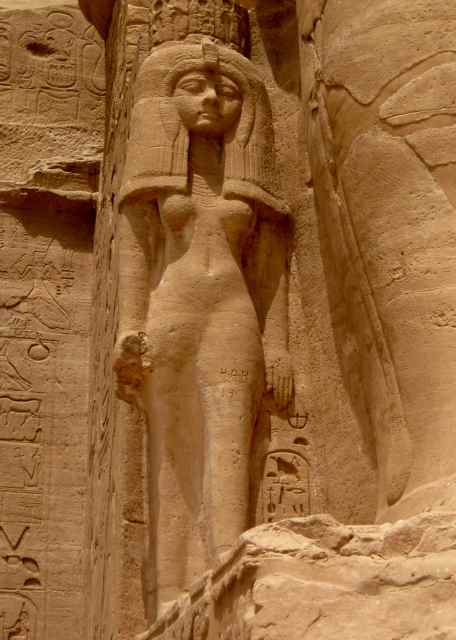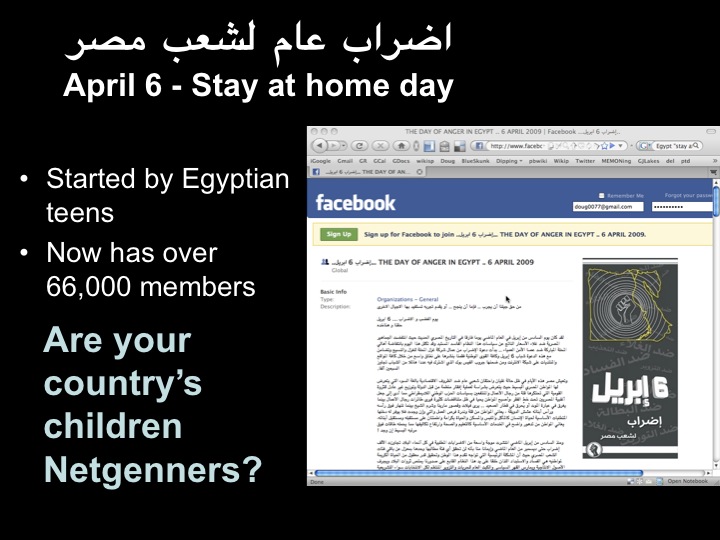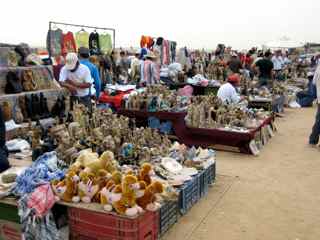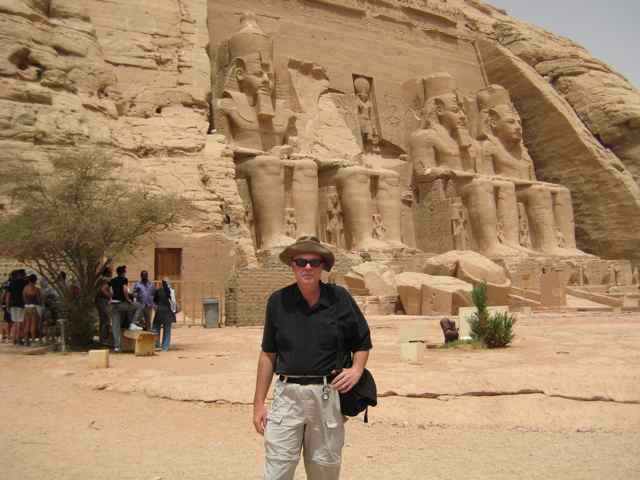Just few more notes on Egypt (and sex)
 Saturday, April 18, 2009 at 07:36AM
Saturday, April 18, 2009 at 07:36AM  The surviving face on the big stone guy you see at the left is probably the most famous mug carved in temples and monuments all over Egypt. It's not King Tut, but King Rameses II. Our guide was rather proud that RII lived to be about 90 years old and fathered between 90 and 100 children. (Fact checked on Wikipedia.) On first glance, that does seem pretty impressive. You can see why a condom branded Rameses is somewhat ironic.
The surviving face on the big stone guy you see at the left is probably the most famous mug carved in temples and monuments all over Egypt. It's not King Tut, but King Rameses II. Our guide was rather proud that RII lived to be about 90 years old and fathered between 90 and 100 children. (Fact checked on Wikipedia.) On first glance, that does seem pretty impressive. You can see why a condom branded Rameses is somewhat ironic.
But let's do a little math here. Let's say RII started his procreative career at 15 and continued until he was 75, that leaves 60 years of being Pharaoh or Pharaoh-elect and getting carnal access to an unlimited number of women. And the statues and paintings certainly make those ancient Egyptian women out to be pretty darned cute.  (To paraphrase Mel Brooks, "It's good to be the Pharaoh.")
(To paraphrase Mel Brooks, "It's good to be the Pharaoh.")
Given those conditions, I don't think 1.5 children a year is anything to brag about. Even one kid a month would have resulted in 780 little princes and princesses running about. Of course Christmas and birthdays would have gotten pretty darned expensive.
While we are on the delicate topic of sex, The Geezer has a rant, "Get a Room," on a news story about a couple being arrested for having sex while driving. My response was 'Let he who is without sin write the first ticket." If Geezer's memory wasn't going, I bet even he might recall some personal indiscretions along this line from his own youth. He suggested it might be just those hot-blooded Scandinavians acting up. First time I've ever heard a Norweigian called hot-blooded.
The funny thing though is this - my guess is that having sex while driving is less distracting than texting - especially after you've been with the same partner for a while. (LWW, you are the exception to the rule if you are reading this.) I'm saving my outrage for those who Twitter and drive, not twiddle and drive.
 One thing about the Cairo traffic, drivers seemed to be focused - at least on where the next lane change might come.
One thing about the Cairo traffic, drivers seemed to be focused - at least on where the next lane change might come.
Like many "developing nations" Egypt has a trash/litter problem. It's ubiquitous and at least to my eye, very disturbing. Somehow I think the trash must become invisible to the people living there and changing a culture to value neatness may not be practical. And I am sure there are economic reasons for this condition as well.
Here is my solution: Give a Pulitzer Prize to the first person who invents a plastic that biodegrades, say, after one month of being exposed to sunlight. And I mean true biodegradation, not just  the plastic being dissolved into ever smaller little pieces of plastic that are then consumed by ever smaller creatures as happens now. One of the scariest chapters of Weisman's The World Without Us was the decription of giant whirlpools of plastic now circling in our oceans.
the plastic being dissolved into ever smaller little pieces of plastic that are then consumed by ever smaller creatures as happens now. One of the scariest chapters of Weisman's The World Without Us was the decription of giant whirlpools of plastic now circling in our oceans.
OK, one last one. Many of the homes and buildings of flats in Egypt look unfinished, with missing top floor windows and rebar still extruding from the roof.
Our guide explained that this was done purposely since Egyptians do not have to pay taxes on a building until it's finished. Of course they move into the building during its very loooong construction phase.
 I am fascinated by the ingenuity humans through out history have shown in avoiding taxes. The Nederlanders build tall skinny houses since they were once taxed on how much house faced the street. Our Victorian houses in the Midwest often had closet-less bedrooms since closets were taxed as additional rooms. The armoire works just fine, thank you. Even the house we moved into that was built in the mid-90s had a room without ceiling tiles installed so it couldn't be assessed as a bedroom. Tax Avoidance Through History and Cultures - unless someone has already written it, might make an interesting retirement project some day.
I am fascinated by the ingenuity humans through out history have shown in avoiding taxes. The Nederlanders build tall skinny houses since they were once taxed on how much house faced the street. Our Victorian houses in the Midwest often had closet-less bedrooms since closets were taxed as additional rooms. The armoire works just fine, thank you. Even the house we moved into that was built in the mid-90s had a room without ceiling tiles installed so it couldn't be assessed as a bedroom. Tax Avoidance Through History and Cultures - unless someone has already written it, might make an interesting retirement project some day.












